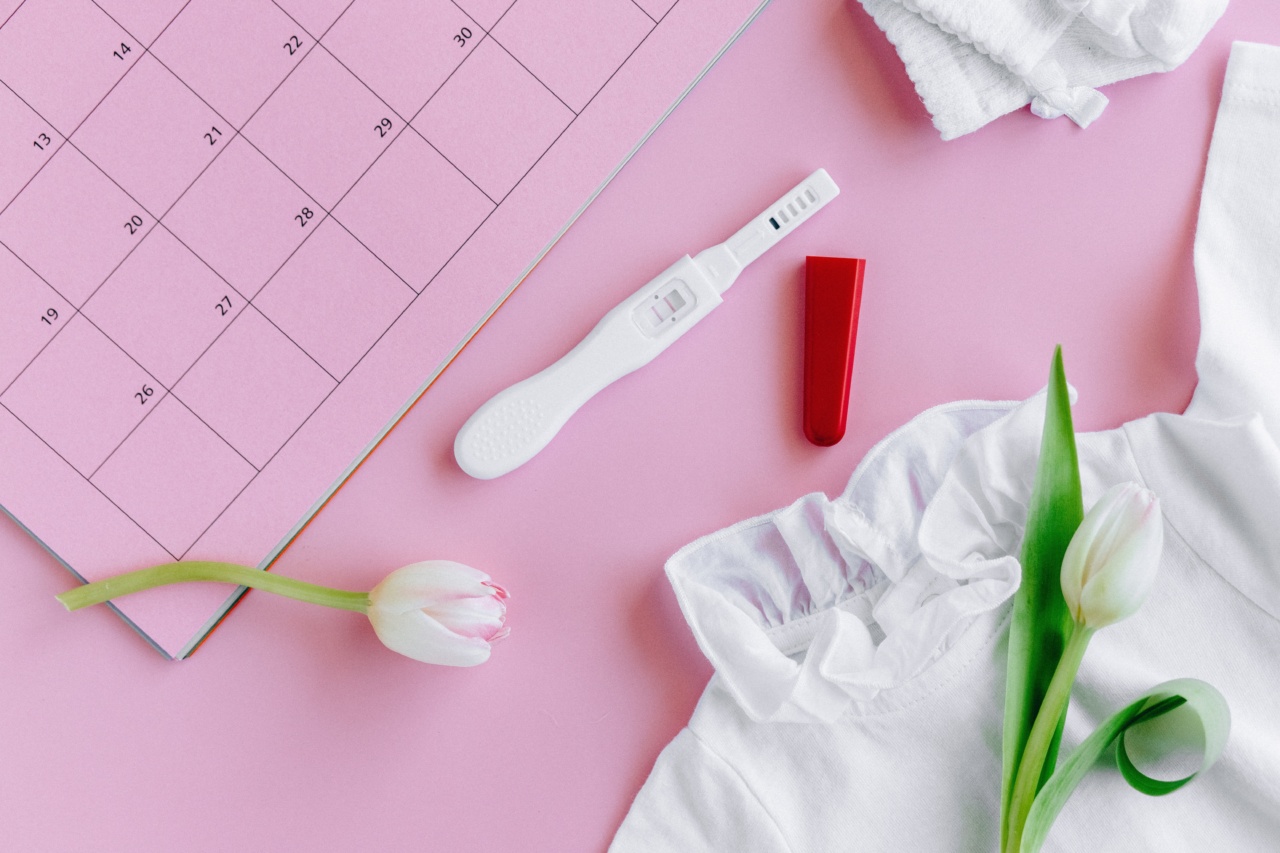If you’re trying to conceive, tracking your ovulation cycle is one of the most important things you can do. An ovulation calendar can help you predict when you’re most fertile, so you can plan intercourse accordingly.
Here’s everything you need to know about using an ovulation calendar to plan your pregnancy.
What is an Ovulation Calendar?
An ovulation calendar, also known as a fertility calendar or ovulation tracker, is a tool that helps you keep track of your menstrual cycle. By recording the dates of your periods, you can predict when you’re likely to ovulate.
Ovulation is the process by which your body releases an egg from your ovaries. This happens once a month, and it’s the time when you’re most likely to get pregnant.
Sperm can survive inside the female reproductive system for up to five days, so having intercourse in the days leading up to ovulation gives you the best chance of conception.
Using an ovulation calendar can help you identify your most fertile days, so you can plan intercourse accordingly. This can increase your chances of getting pregnant and reduce the time it takes to conceive.
How to Use an Ovulation Calendar
Using an ovulation calendar is simple. First, you’ll need to track the length of your menstrual cycle. This is the number of days between the first day of your period and the first day of your next period.
Once you know the length of your cycle, you can use an ovulation calendar to predict when you’re likely to ovulate. There are several types of ovulation calendars available, including paper charts, smartphone apps, and online calculators.
To use an ovulation calendar, simply input the date of your last period and the length of your menstrual cycle. The ovulation calculator will then calculate your fertile days and predict when you’re most likely to ovulate.
Some ovulation calendars also allow you to record your basal body temperature (BBT) and cervical mucus. These are both indicators of ovulation and can increase the accuracy of your predictions.
Factors That Can Affect Your Ovulation Cycle
While an ovulation calendar can be a useful tool for predicting when you’re most fertile, it’s important to remember that there are several factors that can affect your ovulation cycle. These include:.
- Stress: High levels of stress can disrupt your menstrual cycle and delay ovulation
- Weight: Being over or underweight can affect your menstrual cycle and ovulation
- Age: Your fertility declines as you get older, and your menstrual cycle may become less regular
- Health conditions: Certain health conditions, such as polycystic ovary syndrome (PCOS), can affect your ovulation cycle
If you’re having trouble getting pregnant, it’s a good idea to speak to your doctor. They can perform tests to check for underlying health conditions and provide advice on the best ways to improve your fertility.
Tools to Help You Track Your Ovulation Cycle
There are several tools available to help you track your ovulation cycle. These include:.
- Ovulation predictor kits (OPKs): These kits measure the levels of luteinizing hormone (LH) in your urine, which peaks just before ovulation. When the test shows a positive result, it means you’re likely to ovulate in the next 24-36 hours
- Basal body temperature (BBT) thermometers: These thermometers measure your body temperature first thing in the morning before you get out of bed. Your BBT usually rises by around 0.5 degrees Fahrenheit after ovulation, which can help you identify when you’re most fertile
- Cervical mucus monitoring: The texture and consistency of your cervical mucus changes throughout your menstrual cycle. When you’re most fertile, it becomes thin, clear, and stretchy, like raw egg whites
- Fertility tracking apps: There are several smartphone apps available that can help you track your menstrual cycle and predict when you’re most fertile. These apps are convenient and easy to use, and many offer additional features such as BBT tracking and reminders for taking ovulation tests
Conclusion
An ovulation calendar is a useful tool for predicting when you’re most fertile, so you can plan intercourse accordingly.
By tracking your menstrual cycle and using tools such as OPKs and BBT thermometers, you can increase your chances of getting pregnant and reduce the time it takes to conceive.
Remember, there are several factors that can affect your ovulation cycle, so it’s important to speak to your doctor if you’re having trouble getting pregnant.
With the right tools and support, you can improve your fertility and increase your chances of having a healthy pregnancy.





























